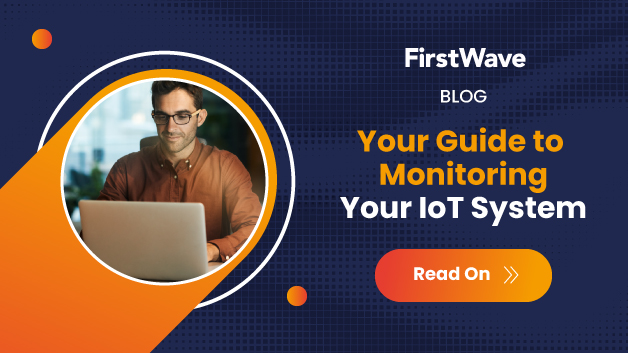
The use of artificial intelligence (AI) is fast becoming a norm for a wide range of industries — and for good reason. A report by the Harvard Business Review pointed out that it could save around $150 billion annually for the national healthcare industry by 2026. It’s this major cost-saving benefit that makes AI such an attractive technology for many industries other than healthcare, as the banking and financial services industry has caught on to this trend, too. Inside Big Data reported that Business Insider Intelligence estimated an impressive $447 billion in cost savings by 2023 for financial institutions that incorporate AI applications in their front, middle, and back office operations.
Here’s how tech’s real life applications are saving costs and generating revenue for the banking industry:
Customer intelligence and support
Sifting through mountains of consumer data is a challenge for established banks and up-and-coming fintech services alike. Not fully understanding what to do with data poses a threat to a company’s productivity and ability to meet consumer demands, and it’s in this area where AI can play a pivotal role. Instead of coming up with new products and services, banks can use AI to better understand and meet the needs of consumers based on what the data says.
For example, credit inaccessibility is a major issue for young generations. Petal Card found that around 10 million of Gen Z and millennial consumers are not able to start building their own credit because of restrictive initial requirements. This is a major loss for financial agencies and businesses alike, given that the two generations combined account for billions in purchasing power. This means that finding ways to prove a person’s credit worthiness through AI can address a crucial need of this major demographic.
Another customer-oriented aspect that AI enhances is support. Intelligent chatbots and voice assistants are becoming more and more common even for established banks like Standard Chartered. The company uses a conversational AI platform specifically trained in the language of finance. Reaching out to a bank with such technology is like talking to a real human that is trained — and is continuously “learning” — to answer any questions pertaining to the services offered. These cases are examples of how AI can bolster the front office operations of the financial services industry. Our own NMIS (network management information systems) can be particularly useful in managing data, which in turn can help banks provide better products and service.
Lending and risk management
Instances of banking discrimination and bias are still rampant in the US, where minority groups and women are ignored by financial institutions. This is where fintech services can step up, with machine learning solutions that generate more accurate risk assessments based on hundreds of variables gathered from existing data. AI-based underwriting tools can help with minimizing losses from borrowers, regardless of their background, offering more equitable rates, and maintaining a culture of fairness when it comes to lending.
AI-powered contracts are another example of improved risk management, which is currently being used by big names like JP Morgan Chase. The financial services giant uses smart contracts enabled by both AI and blockchain technology to increase transparency between lender and borrower, as well as automate payment mechanisms without risking privacy.
Fraud detection and enhanced verification
Last but not least, AI is proving its worth in increasing banking security, particularly in the form of detecting and preventing fraud. However, fintech company Socure conducted a survey on banks and other financial services, which concluded that only one-third of their participants employ AI in detecting fraud and risk. Machine learning and predictive data analysis can prove to be useful in verifying user identity and the legitimacy of their application.
Overall, its uses on enhancing service and minimizing risks for bankers and clients prove just how invaluable AI has become in the financial services industry. Given these cost-saving and revenue-generating benefits, we can expect a wider adoption of more fine-tuned applications of AI in banking this year and the years to come.
If you’d like to adopt advanced automated network management solutions into your own company, Opmantek products like opTrend , opEvents and opConfig can help you with the transition process.








